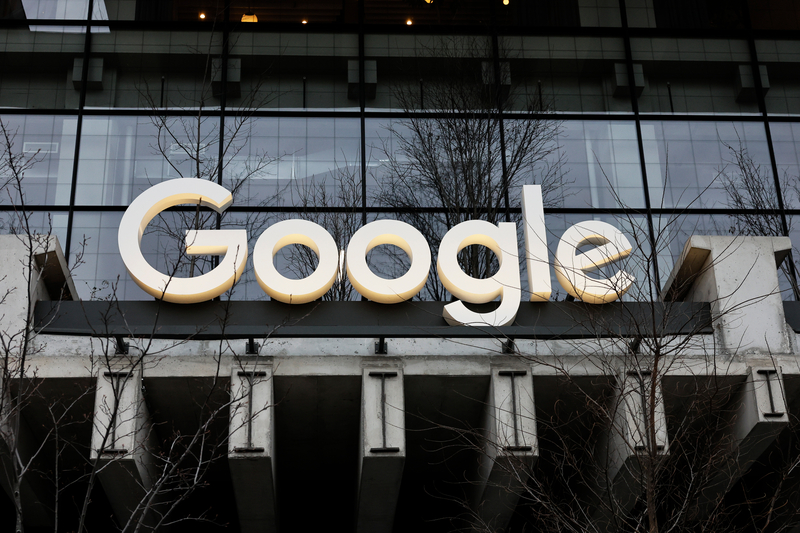Google, a subsidiary of Alphabet Inc., has agreed to invest $500m over the next decade to significantly revamp its compliance operations. This commitment comes as part of a preliminary settlement, filed on May 30, in a shareholder derivative lawsuit that accused the tech giant’s executives and directors of exposing the
The
Register for free to keep reading
To continue reading this article and unlock full access to GRIP, register now. You’ll enjoy free access to all content until our subscription service launches in early 2026.
- Unlimited access to industry insights
- Stay on top of key rules and regulatory changes with our Rules Navigator
- Ad-free experience with no distractions
- Regular podcasts from trusted external experts
- Fresh compliance and regulatory content every day













